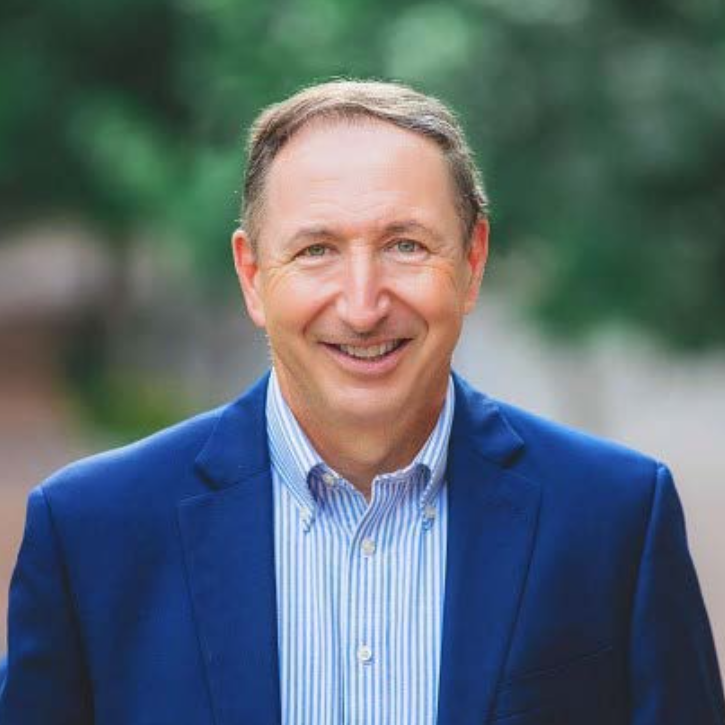It has been over forty years since Jon Katzenbach and Douglas K. Smith first published their ground-breaking research on the effective use of teams to create high-performance organizations. In their book, “The Wisdom of Teams”, Katzenbach and Smith proposed that “teams outperform individuals acting alone or in large organizational groupings, especially when performance requires multiple skills, judgments, and experiences.”. The graphic below shows that highly effective teams focus on collective work products, personal growth, and performance results in pursuit of a demanding performance challenge.
Katzenbach and Smith acknowledge that the word “team” means different things to different people. So, one of the primary goals of their research is to define what connects the team focus areas described above. The tie-points fall into the areas of skills, commitment, and accountability. Skills must be complementary to ensure that there is representation to help address all aspects of the performance challenge. Commitment from all team members to a common purpose, performance goals, and approach is critical to team success. And lastly, accountability is both individual and mutual, with each team member being committed to and supportive of one another.
Team success and significance are not a guarantee, but the principles mentioned above are a good start. The most effective teams swiftly recognize and adapt to obstacles impacting performance.
HOW TO RE-ENERGIZE YOUR TEAM
While there is no “magic formula” to guarantee that teams remain at a high-performing level. Katzenbach and Smith recommend five approaches that work well in combination and, in some cases, stand alone to confront the obstacles facing the team with a strong performance focus.
REVISIT THE BASICS
Highly effective teams continually rethink their purpose, approach, and performance goals on a regular basis. To uncover hidden assumptions and differences of opinions that may help clarify the team’s mission and how to accomplish it. When facing obstacles, it’s time to revisit why the team was formed. Without aligning the team, it will be extremely difficult to achieve significant and successful actions.
GO FOR SMALL WINS
Assuming the premise that high-performing teams have a strong performance focus, identifying, redefining, and achieving attainable goals can be a great motivator. While course-correcting around an obstacle, identifying new goals can be hard work. It does allow for a tangible result and hopefully will re-energize the team on a positive path forward.
INJECT NEW INFORMATION AND APPROACHES
“Fresh facts, different perspectives, and new information play a major role in the development of teams.” So, it should be no surprise that bringing a newness to the team can help move it forward. While the new information itself may be helpful, the team “must have the discipline to put whatever information and fresh facts it discovers to good use” up to and including how this new information may impact its purpose and performance challenges.
TAKE ADVANTAGE OF FACILITATORS OR TRAINING
Successful facilitators, outside of the team,” bring problem-solving, communication, interpersonal and teamwork skills to teams who lack them.” The primary goal is to help turn the team’s collective attention back to its purpose and performance challenges. In a similar way, training can be very helpful as well. The key success factor is that team members will need to translate their new awareness in areas such as key skills, common team purposes, good teamwork, clear goals, and the role of the leader, into actionable improvements.
CHANGE THE TEAM’S MEMBERSHIP, INCLUDING THE LEADER
Teams often struggle due to internal conflicts, stagnant ideas, or hasty management interventions aiming for quick fixes. As obstacles occur, it is important for the team to evaluate not only their purpose, approach, and performance goals, but their team makeup, as well. Every team member should have a purpose on the team, be clearly aware of their expected contributions, and be committed to the success of the team.
The one major obstacle affecting teams is that they all will serve, hopefully, their useful purpose and come to an end. As a team member, what do you take away from your experience of taking on obstacles and the ending of a team engagement? Highly effective teams are focused on collective work products, personal growth, and performance results in pursuit of a demanding performance challenge. How do you use those experiences to create healthier individual and team working environments in the future?
Reference
“The Wisdom of Teams” by Jon R. Katzenbach and Douglas K. Smith, 1999
Don leverages his extensive business and leadership experience to partner with senior leaders in a creative and thought-provoking way to discover new possibilities, explore practical options, and accelerate implementation.
During his 38 years with Exxon Mobil Corporation and its heritage companies, Don gained a wide range of personal and professional development experiences, including leading and managing teams across the globe in the areas of manufacturing, supply chain, sales, marketing, learning, and professional development, inclusion and diversity, and culture change. Throughout each experience, Don sought ways to help others grow and unlock excellence within themselves with every opportunity.



